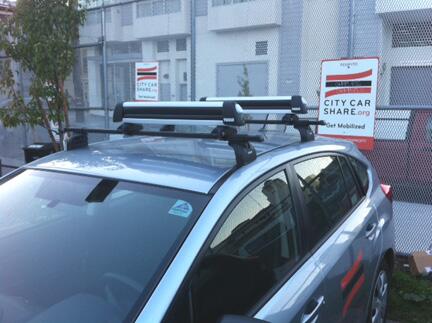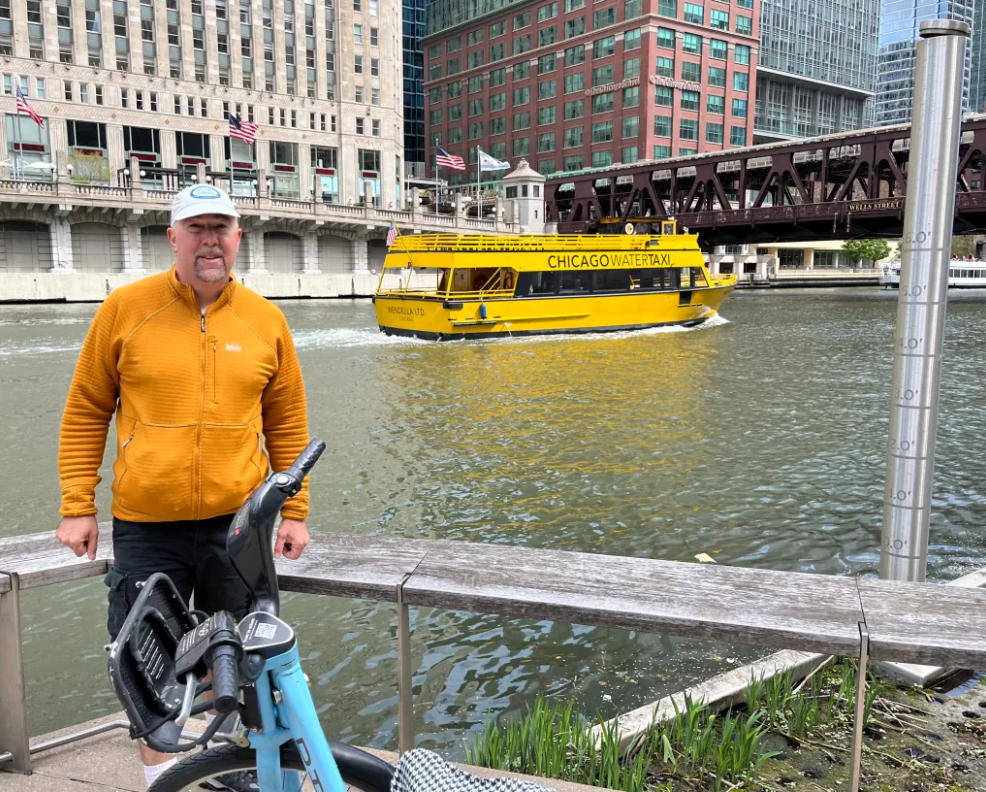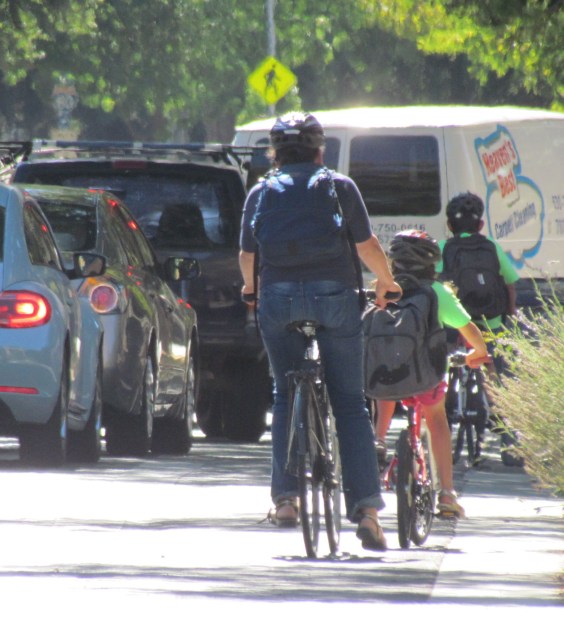Livable City: Extra Parking for Car-Share Could Be Abused
3:49 PM PST on December 7, 2012
Update 3/5/13: This bill was finally approved by the Board of Supervisors.
Developers would be allowed to skirt limits on car parking if they devote the extra spaces to car-sharing, under a proposal approved unanimously by the SF Planning Commission yesterday. The bill [PDF], which advocates warn could be abused as a loophole to expand private parking, would apply to residential and commercial buildings. The legislation must still be approved by the Board of Supervisors.

Under the proposal, developers who want to build the maximum number of private parking spots permitted by the planning code but aren't willing to devote any of those spots to car-share would be allowed to add up to five extra car-share spots in a building of 50 residential units or less. For buildings larger than that, which are required to provide at least one car-share space, up to eight could be added. To be eligible for the exemption, a developer cannot apply for a conditional use permit to exceed the maximum allowance for private parking, according to Andres Power, an aide to Supervisor Scott Wiener, who introduced the proposal.
Advocates say that letting developers exceed parking maximums undermines the purported spirit of the bill. "Car-share is meant to reduce demand for residential parking, so car-share spaces ought not be over and above the maximum number of residential spaces," said Livable City Executive Director Tom Radulovich. "Using car-share to justify excess parking is cynical greenwash, and nothing more."
Proponents argue that the bill would make it easier for car-share companies to provide spots evenly distributed near residences, which is becoming increasingly difficult as sites like parking lots and gas stations, where many car-share spots are located, are redeveloped for housing and other uses.
Power cited studies showing that, on average, every available car-share vehicle replaces eight to ten privately-owned cars while encouraging the use of transit, walking, and biking. Essentially, he argued, car ownership would be more effectively reduced if developers build extra spaces for car-share than no car-share spaces at all.
"We want to make not having a car as easy as possible," said Power. "While we want to encourage access to car-share, the planning code doesn't always do this. Currently, if a developer wants to include car-share spots in their projects, these car-share spots are treated in the same way as private vehicle parking spots are when counting towards parking maximums. This is not an incentive for including car-share."
If a car-share company abandons a spot, Power said, the proposal prohibits that spot from being converted to private parking, though it can be converted to bike parking. However, advocacy organizations including Livable City and the Sierra Club say building owners could abuse the allowance without proper enforcement, and argue that any new car-share spaces should replace private parking spaces. A better solution, they said, would be to convert more on-street parking for car-share, which the SF Municipal Transportation Agency is planning to do.
In response to those concerns, the legislation was tweaked to prevent abuse, with a new requirement for signage that includes a phone number for residents to direct complaints, Power said. Wiener is also considering introducing another proposal that would allow the SFMTA to enforce the requirement, he added, which is currently done by the Planning Department only in response to complaints.
The proposal saw broad support from Planning Commissioners, though for different reasons. Commissioner Michael Antonini saw it as a way to preserve private parking, while Commissioner Gwyneth Borden said it would provide car-share companies a way to meet growing demand, which could lead to the construction of less parking down the road. "I think as we see more people using car-share in the future, there'll be more developers who will decide they don't need to provide as much parking because they can see that car-share is really viable," she said.
The proposal is expected next to head to a committee of the Board of Supervisors before being approved by the full board.
Stay in touch
Sign up for our free newsletter
More from Streetsblog San Francisco
Streetsblog SF editor Roger Rudick offers constructive criticism of Chicago’s downtown bike network
"There were blocks that felt very safe and very secure," he said. "But then you're immediately – voom! – disgorged into three lanes of moving traffic with no protection."
Commentary: There is Zero Ambiguity to the West Portal Tragedy
What happened in West Portal was entirely predictable and preventable. The city must now close Ulloa to through traffic and make sure it can never happen again




